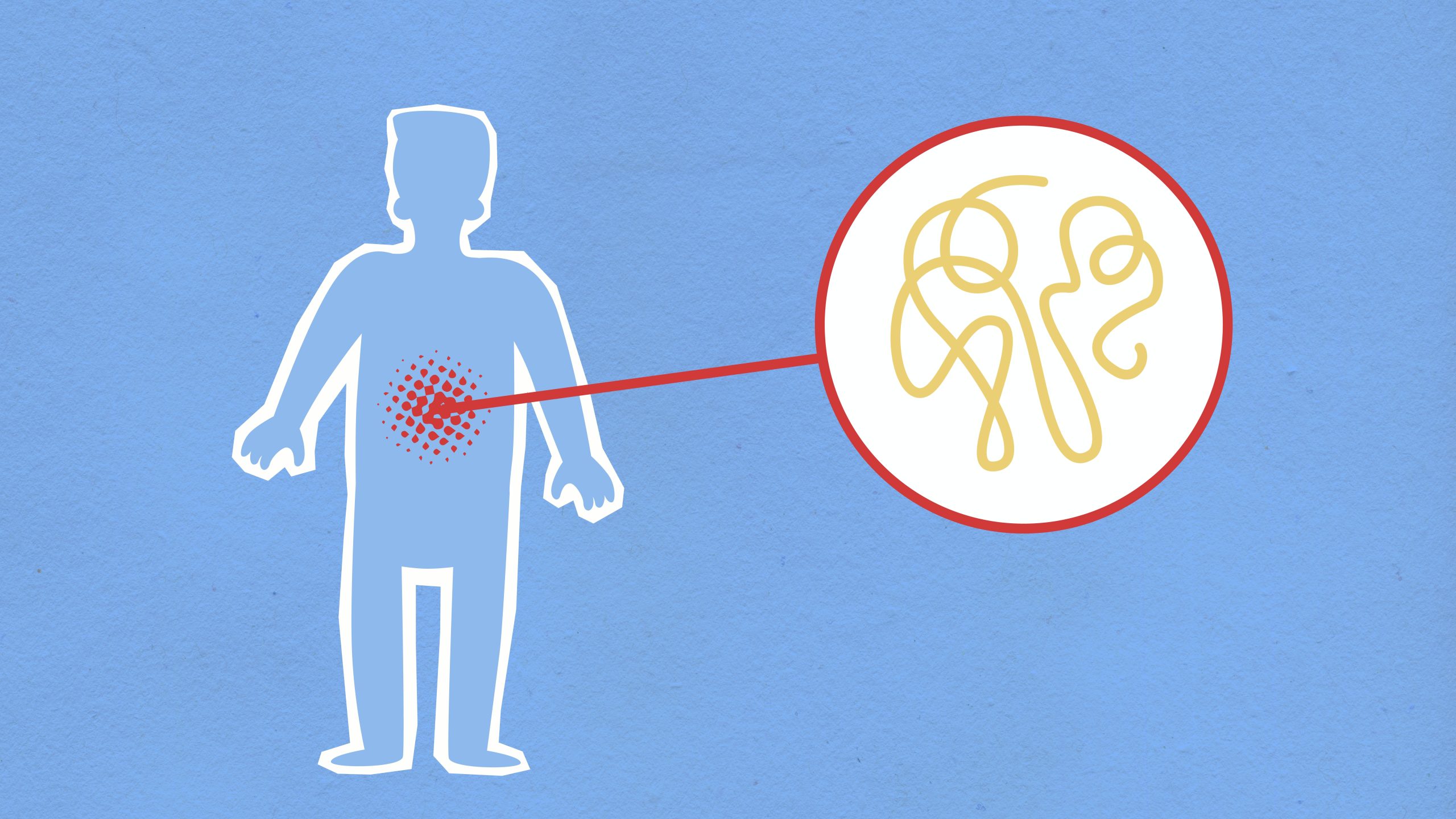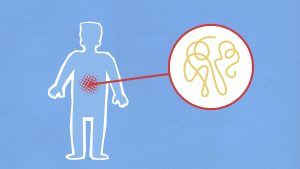★★★★★
UpFit Training Academy delivered unprecedented results for me. Despite the setbacks from Covid, I lost 25 lbs in just 3 months training 3 days a week—unbelievable! Joining UpFit was the best decision for my mental and physical well-being. Grateful for the support of UpFit coaches and the community. Love you, UpFit fam!
★★★★★
Wonderful staff, great culture, a place that genuinely cares for the members at a price that makes sense for the busy New Yorker who is looking to improve their health, fitness and wellness!
★★★★★
UpFit boasts a high level of knowledge and experience, addressing all my diet and exercise queries. They crafted a targeted plan for my goals, and through this journey, I not only achieve fitness but also understand why previous goals were elusive. Highly valuable!
★★★★★
UpFit is an outstanding gym with top-notch training services. The staff’s dedication to helping you improve is truly commendable. At UpFit, you not only enhance your fitness and wellness but also gain valuable knowledge along the way.
★★★★★
UpFit is highly recommended for customized, flexible workouts that maintain motivation. Unlike previous gym cycles, the positive and encouraging energy from both trainers and fellow members stands out. The focus on form and building a foundation is particularly beneficial for beginners.
★★★★★
Training at UpFit for a few weeks, I feel significantly stronger and more energized. It’s precisely what I needed – affordable, personalized programs, and support fitting my dynamic schedule. Love the facility, coaches, and excited to continue my fitness journey at UpFit! Highly recommend!
★★★★★
UpFit offers a personalized program aligning with fitness goals. Wes guided me on nutrition and lifestyle for my wedding prep. Patricia’s intense training is motivating and focused, challenging enough to push boundaries but achievable. Highly recommended!
★★★★★
UpFit is a gym I absolutely love! It’s a safe, supportive space where trainers form personal connections, tailor challenges, and support your journey. Joining was my best decision, meeting wonderful people, being challenged, and enjoying every minute. I’ve even recommended it to a friend who joined too!
★★★★★
Training at UpFit for 5 years, I’ve achieved tremendous progress in strength and conditioning. The coaches are helpful, knowledgeable, and encouraging, emphasizing mental toughness and pushing limits for continuous improvement. An ideal place to start, refine, or elevate your fitness and wellness journey!
★★★★★
Joining UpFit was the best decision ever! Personalized workouts for micro goals yield long-term results. Going from never working out to 3x a week. Physical, mental, and emotional changes are worth every minute and dollar. UpFit is the place to understand and enjoy the fitness journey, making new friends in the supportive community.
★★★★★
Attending Upfit Training Academy for months, I’m delighted with improved conditioning and great progress. The coaches are excellent and supportive, providing personalized workouts that match what I sought. A people-focused fitness company, highly recommended for anyone pursuing a healthier lifestyle.
★★★★★
oining UpFit has been a fantastic experience. The coaches provide kindness, cheerleading, and tough love, creating a supportive atmosphere. The evident expertise in fitness makes it worth signing up to push through and get back on the exercise track.
★★★★★
UpFit has been a life-changing investment for my personal growth and well-being. The coaches understand my goals, tailor effective workouts, and provide valuable strategy sessions for a healthier relationship with food. Thanks to UpFit’s consistency and accountability, I’ve lost weight, toned up, gained confidence, and improved my health.
★★★★★
New to working out at 25, I joined Upfit for general fitness. The trainers tailor workouts to individual goals, I like that there is a diverse age community. Personable, welcoming staff with excellent knowledge. Joined in July 2022, highly recommended!
★★★★★
UpFit Training Academy delivered unprecedented results for me. Despite the setbacks from Covid, I lost 25 lbs in just 3 months training 3 days a week—unbelievable! Joining UpFit was the best decision for my mental and physical well-being. Grateful for the support of UpFit coaches and the community. Love you, UpFit fam!
★★★★★
Wonderful staff, great culture, a place that genuinely cares for the members at a price that makes sense for the busy New Yorker who is looking to improve their health, fitness and wellness!
★★★★★
UpFit boasts a high level of knowledge and experience, addressing all my diet and exercise queries. They crafted a targeted plan for my goals, and through this journey, I not only achieve fitness but also understand why previous goals were elusive. Highly valuable!
★★★★★
UpFit is an outstanding gym with top-notch training services. The staff’s dedication to helping you improve is truly commendable. At UpFit, you not only enhance your fitness and wellness but also gain valuable knowledge along the way.
★★★★★
UpFit is highly recommended for customized, flexible workouts that maintain motivation. Unlike previous gym cycles, the positive and encouraging energy from both trainers and fellow members stands out. The focus on form and building a foundation is particularly beneficial for beginners.
★★★★★
Training at UpFit for a few weeks, I feel significantly stronger and more energized. It’s precisely what I needed – affordable, personalized programs, and support fitting my dynamic schedule. Love the facility, coaches, and excited to continue my fitness journey at UpFit! Highly recommend!
★★★★★
UpFit offers a personalized program aligning with fitness goals. Wes guided me on nutrition and lifestyle for my wedding prep. Patricia’s intense training is motivating and focused, challenging enough to push boundaries but achievable. Highly recommended!
★★★★★
UpFit is a gym I absolutely love! It’s a safe, supportive space where trainers form personal connections, tailor challenges, and support your journey. Joining was my best decision, meeting wonderful people, being challenged, and enjoying every minute. I’ve even recommended it to a friend who joined too!
★★★★★
Training at UpFit for 5 years, I’ve achieved tremendous progress in strength and conditioning. The coaches are helpful, knowledgeable, and encouraging, emphasizing mental toughness and pushing limits for continuous improvement. An ideal place to start, refine, or elevate your fitness and wellness journey!
★★★★★
Joining UpFit was the best decision ever! Personalized workouts for micro goals yield long-term results. Going from never working out to 3x a week. Physical, mental, and emotional changes are worth every minute and dollar. UpFit is the place to understand and enjoy the fitness journey, making new friends in the supportive community.
★★★★★
Attending Upfit Training Academy for months, I’m delighted with improved conditioning and great progress. The coaches are excellent and supportive, providing personalized workouts that match what I sought. A people-focused fitness company, highly recommended for anyone pursuing a healthier lifestyle.
★★★★★
oining UpFit has been a fantastic experience. The coaches provide kindness, cheerleading, and tough love, creating a supportive atmosphere. The evident expertise in fitness makes it worth signing up to push through and get back on the exercise track.
★★★★★
UpFit has been a life-changing investment for my personal growth and well-being. The coaches understand my goals, tailor effective workouts, and provide valuable strategy sessions for a healthier relationship with food. Thanks to UpFit’s consistency and accountability, I’ve lost weight, toned up, gained confidence, and improved my health.
★★★★★
New to working out at 25, I joined Upfit for general fitness. The trainers tailor workouts to individual goals, I like that there is a diverse age community. Personable, welcoming staff with excellent knowledge. Joined in July 2022, highly recommended!


 If you could prevent all types of inflammation, you wouldn’t want to do that. The body needs inflammation to survive. The inflammatory process is necessary for fighting microbes that attack the body and also for healing. That’s the definition of acute inflammation, which keeps you healthy. However, if inflammation becomes chronic it can lead to health issues, which include cardiovascular problems, asthma, cancer, type 2 diabetes, rheumatoid arthritis and Alzheimer’s disease. Chronic inflammation is also associated with IBS, Crohn’s premature aging, COPD and diseases of the blood vessels.
If you could prevent all types of inflammation, you wouldn’t want to do that. The body needs inflammation to survive. The inflammatory process is necessary for fighting microbes that attack the body and also for healing. That’s the definition of acute inflammation, which keeps you healthy. However, if inflammation becomes chronic it can lead to health issues, which include cardiovascular problems, asthma, cancer, type 2 diabetes, rheumatoid arthritis and Alzheimer’s disease. Chronic inflammation is also associated with IBS, Crohn’s premature aging, COPD and diseases of the blood vessels.



